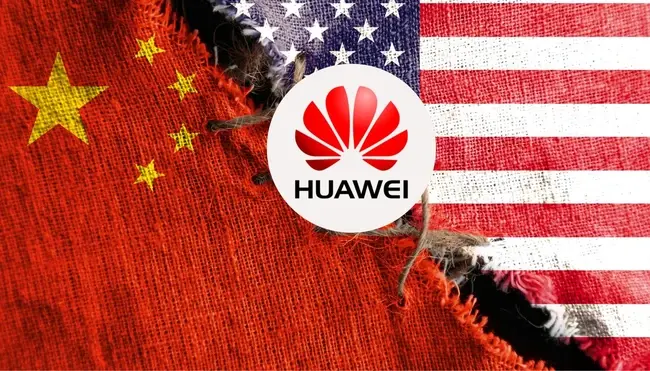Apple recently introduced their latest satellite-powered SOS feature in the all-new iPhone 14. However, Huawei were one step ahead of the American multinational technology company. They announced their counterpart satellite SOS one day before the iPhone 14 launch.

How Is Huawei Using Beidou?
The Chinese manufacturer of smartphones and telecom equipment said that its flagship Mate 50 series will offer the ability of texting while using satellite connectivity. The capability is made feasible by Beidou. It is China's own navigation system that competes with the Global Positioning System owned by the United States government.
Huawei announced it for the Mate 50 series yesterday, but now the iPhone 14 features emergency SOS via satellite. It's designed to assist when broadband connectivity isn't available. #AppleEvent pic.twitter.com/9g4S9fcgen
— Hypertext (@htxtafrica) September 7, 2022
The technique for sending communications through satellite signals is not particularly new. But according to Huawei, this is the first time this Beidou feature has been added to consumer-facing cellphones. While the cellular connection is down, users will be able to send messages, share their location, and create a map of their route using specialised software.
Huawei's SOS satellite option only functions in mainland China. Whereas, the Apple counterpart is currently only accessible in the United States and Canada. This level of technological segregation and competition seen between the two tech giants looks pretty similar to the arms race that the USSR and the USA were involved in during the infamous Cold War era.
Upcoming tech cold war between the US & China (w/ensuing demand disruption, supply chain upheaval and the resultant “Tech Wall” that would delineate the world into rivalling tech standards) could cost the sector $3.5tn over the next five years in a full blown cold war, DB expects pic.twitter.com/qpUGYkmEim
— Holger Zschaepitz (@Schuldensuehner) July 16, 2020
Make no mistake, the final objective of the ‘tech race’ is global , albeit non-military but in the enterprise tech and individual tech spaces, nonetheless. As a result, it has been more difficult than many imagined to untangle the connections between the two technological superpowers.
China Launched GPS Competitor In 2020
The nation has spent billions of dollars and deployed close to thirty satellites over the course of twenty years to develop an entirely unique positioning system. In 2020, approximately 70% of all Chinese mobile devices will be able to process signals from Beidou satellites, according to Chinese state media.
Final Beidou launch marks major milestone in China's space effort, Beijing (XNA) Jun 24, 2020 The final satellite to complete the third-generation network of China's Beidou Navigation Satellite System was ... https://t.co/03qprVkwEn pic.twitter.com/wr5X1185F2
— Copernical.com (@Copernical) June 26, 2020
The People's Daily had reported that the final satellite in the Beidou constellation was launched into orbit on June 23, 2020, marking the start of a new decade and putting the final piece of the puzzle in place.
Register as a EM360Tech Community member FOR FREE!




Comments ( 0 )